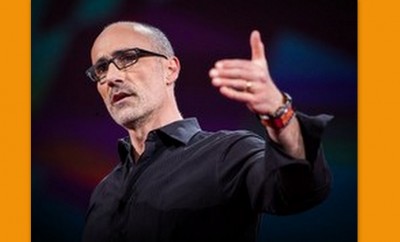
‘Don’t be the villain’: Niall Ferguson looks forward and back at capitalism in crisis
The roots of discontent with global capitalism run deep, according to the historian. By looking back, business leaders can get a clearer view of what’s coming.
Capitalism is in crisis, as usual. There will always be people questioning the legitimacy of the system. As Joseph Schumpeter wrote in Capitalism, Socialism and Democracy, published in 1942, capitalism has at its heart creative destruction, and that creates pain; it creates losers. This is the normal state of affairs, and we shouldn’t be surprised that it’s going on.
Without the financial crisis, the trends that were increasing income inequality might have led to some kind of political backlash. But trends often need a crisis to bring them to the forefront of people’s minds. That’s one of the lessons of history: trends, if they unfold over decades, don’t necessarily produce big political outcomes; there needs to be some kind of catalyst.
In 2008–09, we had the biggest financial crisis since 1929. It was perfectly clear at the time—and I remember writing this in early 2009—that there would be a backlash. The shock was an enormous one. It affected some countries—Greece, for example—as severely as the Great Depression. If there had not been some kind of reaction, that would have been remarkable. It took the financial crisis to make everybody start talking about inequality, even though if you look at the data on income or wealth inequality, it had been widening since the 1980s in the United States, and indeed in quite a few other countries around the world.
Πηγή: www.mckinsey.com





